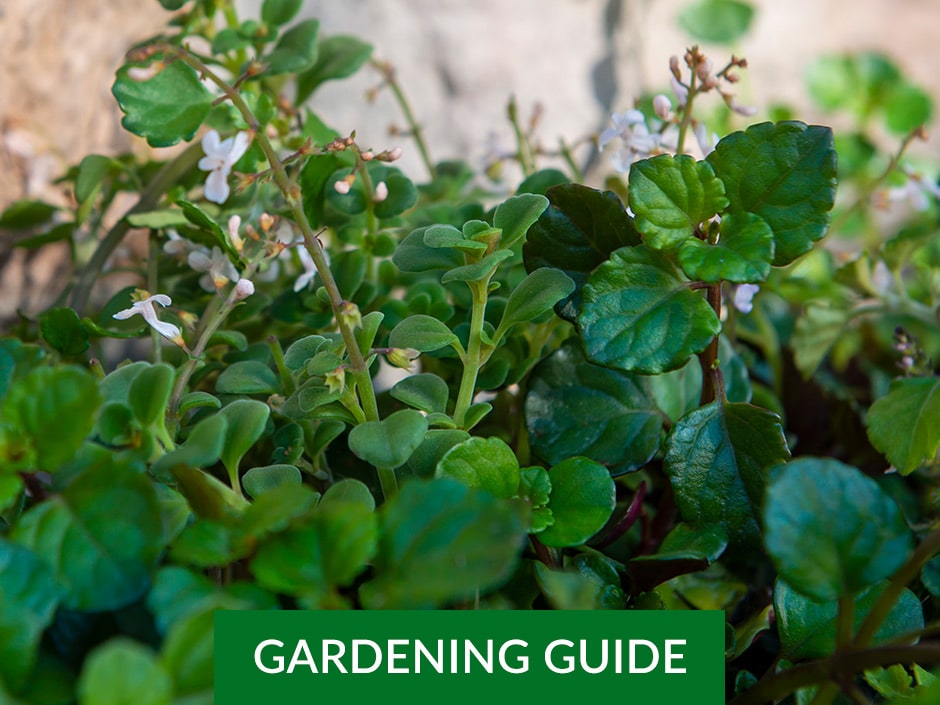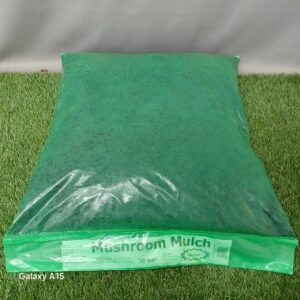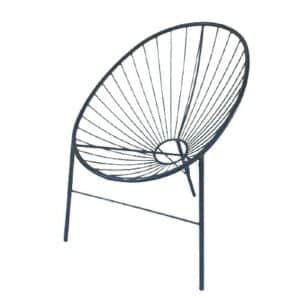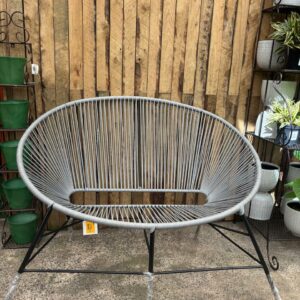March
Gauteng guides

MARCH GARDENING IN GAUTENG
March is a prime month for sowing autumn and winter crops and setting yourself up for an abundance of tasty winter veggies. This month, we also celebrate National Water Week – the perfect time to start implementing some water-saving gardening habits.
Read our guidelines for what to sow, water-saving tips, and advice on protecting your plants and trees from pests and keeping your garden in shape come winter.
Spotlight on: Plectranthus
The plectranthus species is known for its aromatic foliage and its mass of mauve, purple or lilac flowers from February to November, bringing beautiful colour to a winter garden. They require very minimal attention and, once established, are hardy during periods of drought. To grow these perennials, follow our guidelines:
- Plectranthus thrives in cool areas, so choose a site that’s shaded by overhanging trees.
- It grows well in well-composted soil and requires water only every few days.
- After flowering, feed every two weeks with an all-purpose, water-soluble fertiliser that is low in phosphorus.
ON YOUR TO-DO LIST FOR MARCH
Sow
- Sow sweet peas, hollyhocks, primulas, poppies, pansies, Namaqualand daisies and snapdragons.
- Begin your winter veggie garden by sowing leafy greens such as kale, lettuce, spinach and cool-season herbs such as chives, rocket and calendula.
- Grow easy root crops like carrots, broad beans, beetroot and radishes.
- Try your hand at brassicas by sowing broccoli, cabbage, cauliflower and kale.
- The time for spring bulb planting has started, as the soil has cooled down sufficiently by this time. This month, plant anemones, ranunculus, freesias, tritonias, Ixias, sparaxis and Babianas. Read our simple guide to planting bulbs for spring.
Feed
- Feed your lawn with Atlantic Bio Lawn to keep it green and lush going into winter.
- Replace lost nutrients with organic Atlantic Fertilisers Bio Ganic Lawn (also a water-wise option).
- Feed your garden with organic-based Atlantic Fertilisers Fruit & Flower or Atlantic Fertilisers Bio Ocean.
Pests
Certain pests, such as red scale and whitefly, are more active during the cooler months of the year. Protect your plants with these solutions: <SUB-HEADER>
- Use Protek Complete 350 SC for sucking and biting insects such as red scale and whitefly.
- Check for scale along the stems and on the leaves of citrus trees, and treat using Efekto Oleum or Efekto Malasol.
- Dust bulbs with Ludwig’s Organic Insecticide Spray to protect them from worms.
OTHER FRESH IDEAS
Clean up your garden for winter
- Lightly trim plants that may be out of shape or overgrown. This will give them time to harden up before the cooler weather arrives.
- Compost areas cordoned off for new planting and where soil needs added nutrients.
- Mulch around azaleas, hydrangeas and camellias with an acidic compost to keep the roots cool and moist. This will also help to fight back weed growth. Note that pink hydrangeas require normal compost.
Implement water-saving gardening habits
To celebrate National Water Week, start using these savvy water-saving practices:
- Design a water-wise garden. With the right garden design and hardy, drought-resistant plant varieties, your water needs in the garden will decrease drastically. If you’re not sure where to start, book an on-site consultation with one of our garden experts.
- Water during cooler times. Watering during early morning will minimise evaporation and allow your plants to absorb the water before the sun dries them out.
- Use more containers in the garden. Pot plants have a smaller surface area for water loss and evaporation, making container gardening one of the best ways to save water in the garden. It’s especially effective when you use water-retention granules.
- Build a rainwater harvesting system. If you have space, install a rainwater tank. Depending on the requirements and installation, initial setup can be costly but will pay off in the long run. Other water-saving methods include using household containers, rain chains, rain barrels and ponds. Top tip: rainwater is better than tap water for gardening because it contains no chemicals.
You might also like
Shop online
-
HAMSTER WHEEL
- R79.99
- Add to cart Learn More
-
LOUNGER POD 92X68.5X87CM
- R1,764.99
- Add to cart Learn More
-
2 SEATER POD LOUNGER STRING
- R3,779.99
- Select options This product has multiple variants. The options may be chosen on the product page Learn More




